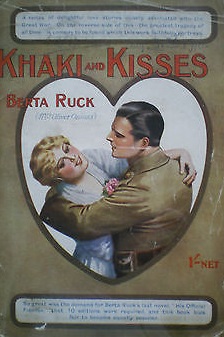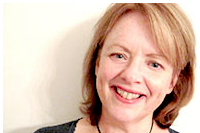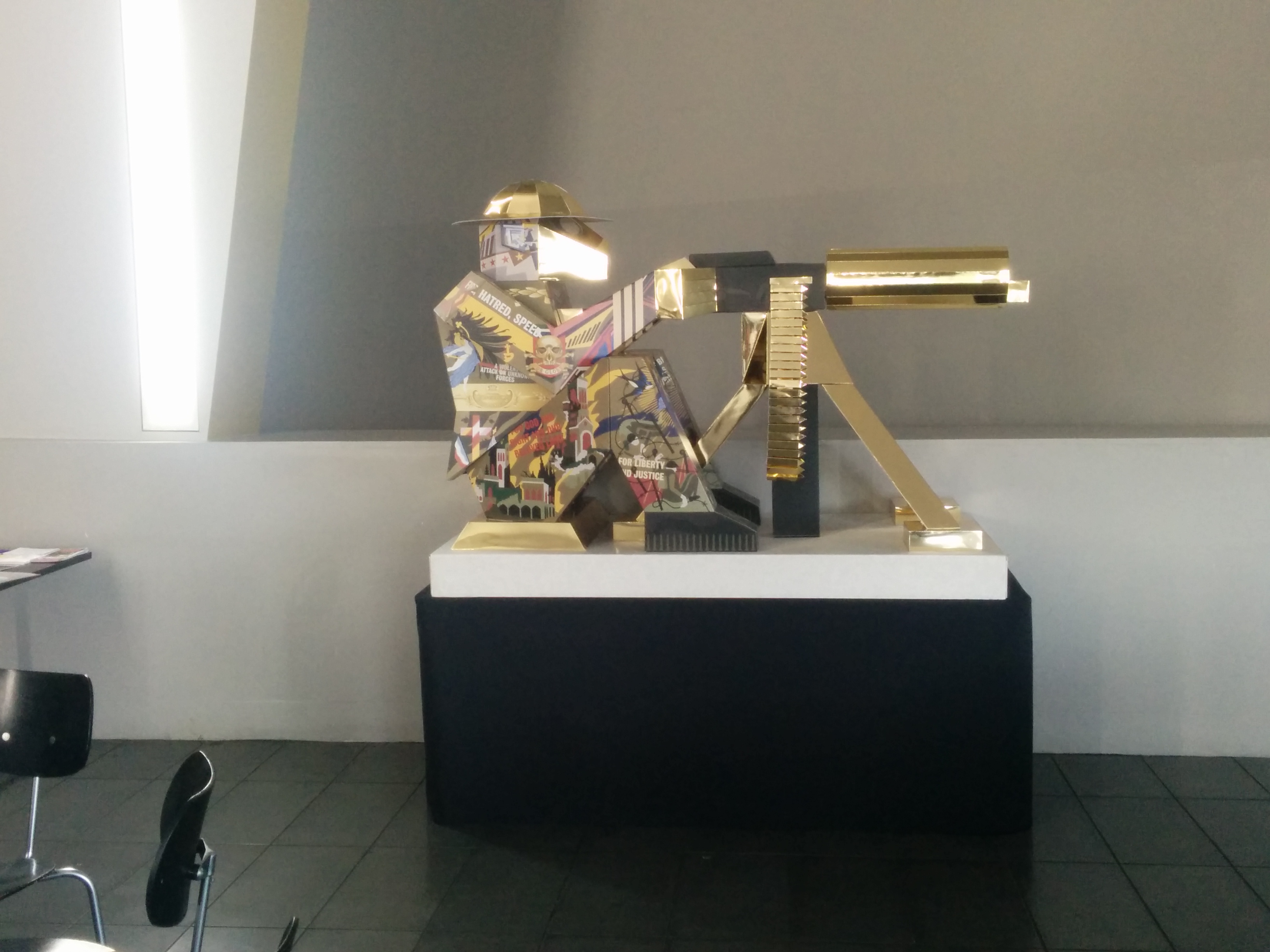‘German and British descendants share heritage from the Great War’ is a collaborative project to record and share family memories of the First World War. Led by London’s reminiscence organisation Age Exchange, who will work alongside Rachel Duffett and Mike Roper from the Hertfordshire Engagement Centre, the project compares the war’s impact on family histories in each country, from the inter-war years through to the present and the participants’ experiences of remembrance and commemoration today. British and German elders will record and then share their First World War family histories at a four day event in April 2016. The exchange will be filmed and family archive material will be digitised. A film documentary sharing the story of the project will be screened at media, heritage and community venues in London from July 2016, and made available on-line. Materials from the exchange will also be used to create Smart Phone learning materials for schools. Students will share their resulting learning and interpretation at ‘Meeting in No Man’s Land’ Open Days. All recorded and digitised material from the project will go on-line and the project archive will be given to the First World War Engagement Centre (Herts) to support future research.
Age Exchange, the lead partner in the project, has established contacts with German partners and has obtained HLF funding. Duffett and Roper will help to refine the approach to the interviews and collection of family heritage, and their knowledge of the interwar legacies in each country will provide a broader context for the stories that emerge. They will benefit from the collaboration with German experts in intergenerational therapies, and the experience of comparative research will sharpen their understanding of what is distinctive about British family legacies of the conflict.
The project gives us a unique opportunity to reflect on WW1 heritage making in the centenary. Age Exchange is a world-leader in reminiscence activities, with a long history of community-led oral history activities which seek to challenge and transform understandings of history. We will observe ‘live’ what a community organisation like Age Exchange contributes to contemporary debates about the memory of the First World War, and assess the changes in understandings and historical consciousness it sets in train. We will keep a blog throughout recording our impressions, which will be posted on the Herts Centre website. Watch this space!
Mike Roper
Contributed by Mike Roper
Rosenheim, 8th April
Day one of our Meeting. As I put it during our warm up meeting, I felt like a child sitting at the top of a gigantic slide, about to be launched. Today we interviewed the 13 German descendants – from Munch and Rosenheim – about their family legacies. There was a mixture of second and third generation descendants. Many of the experiences and reactions which people reported felt familiar from my interviews with British descendants, and those that Age Exchange did during its Children of the Great War project. Many describe fathers and grandfathers who were rather remote and cut off; there often seems to be a question in the person’s mind about how far the war may have contributed to that remoteness, but lack of knowledge about war service leaves little way of knowing, and in almost every case, the descendants have had to do their own historical research. For the German interviewees, as for the British, war wounds are a striking legacy, and those who observed veterans’ wounds as children can describe them in great detail.
But there are also many differences between the stories we have been hearing so far, and those we heard today. The Second War is difficult for many of the German respondents to disentangle from the impact of the First, and the continuities are often present in their minds: fathers who followed grandfathers into war, grandfathers who served in both wars, political instabilities in the immediate aftermath of the First war which shaped political allegiances in the 1930s and through the Second war. Some local sites were significant to Bavarian families through both conflicts, like the First World War munitions factory in which one interviewee’s grandmother worked that became Dachau concentration camp in the Second. The local community, she said, claimed to have no knowledge of the camp’s function. Here, the political temperature surrounding commemoration remains high – the upheavals of the Second War continue to make remembrance of the First War a fraught topic. One interviewee talked about a paternal cast of authoritarianism that had revealed itself in repeated arguments about the First World War. His father, a Second World War veteran, insisted that the Treaty of Versailles had been the cause of Germany’s woes, while his son, armed as he grew older with more and more historical evidence, sought to put another point of view. For many the First World War has a pressing relevance to the present that is perhaps less apparent among British descendants. People mention Ukraine and Syria; and beside the railway at Rosenheim is a large tent that serves as a temporary hostel for refugees, who pass though the border from Austria. The city of Rosenheim will take 1,000 refugees, and 3,000 will be housed in the region. It has been difficult for our German partners to contribute financially to our Meeting, as the first call on the public purse is the refugees. In Germany the First World War, while relatively little commemorated, feels closer to the present than it does in the UK.
Contributed by Rachel Duffett
Friday 8th April 2016, Rosenheim
I wasn’t sure quite what to expect – observing the interviews of the British participants in London a fortnight before had, for all its emotional power, been a situation and a series of narratives with which I was relatively familiar, but the Bavarian experience felt as if it would be very different. I knew that the position the First World War occupies in German culture and society is a long way distant from its centrality in Britain where every schoolchild is drilled in its significance and plans for vigils, film screenings and concerted dawn whistle blasts at local war memorials are already in place for 1 July 2016. It soon became clear that Somme commemorations, along with the 1914 Christmas Truce and war poetry, were not going to resonate with the Rosenheim interviewees whose knowledge of the war was described by one as ‘learning the dates at school and that was all’. The history lessons of post-1945 German schoolchildren have been preoccupied with the national burdens and trauma of the Second World War and its predecessor has been largely ignored.
There were similarities in the family stories told, the power of the war to change parents and grandparents was as evident here as it had been in London – the retreat from the hurly-burly of domestic relationships and the silence regarding their 1914-18 experiences was common for many. Also shared was the way in which many of the veteran fathers appeared to have changed over the years: they willingly opened lines of communication with their grandchildren and made emotional connections with them that hadn’t existed with their own children. One interviewee described how her father, who loved drawing, arranged his prized pencils in serried rows on his desk, he was a man who insisted upon ‘extreme order’ in all things, something she ascribed to his army service. She, as children do, had used the pencils for her own colouring when he was at work, but had carefully replaced them in what she thought were exactly the same positions. She had not, and more than seventy years on she could still recall his rage when he discovered what she’d done. Yet, she remembered that when her own children borrowed grandad’s pencils he was unperturbed and responded to them with a warmth that she didn’t recognise. In her description there was a sadness and a sense of loss for the father that she hadn’t had, one she felt had been taken from her by his war experiences which had left him determined to impose a strict code of behaviour on his children, something which had caused a great deal of anger and resentment in their teenage years.
The objects that the interviewees brought with them were fascinating. One had a collection of handmade postcards created by her grandfather for his wife and sisters, carefully assembled from lichen, dried flowers and woven reeds. These beautifully crafted items spoke of both his skill and his love for his family, as his granddaughter said ‘it is amazing that he managed to make something so beautiful at such a dreadful time’. Perhaps there was some escape for him in the creative process and joy in the confidence that each delicate, personal piece would bring immense pleasure to its recipient. Another had his mother’s diary, which detailed a twelve year old’s enthusiasm for the patriotic flag-waving and marching soldiers of 1914, a response which became more tempered as the war dragged on and the casualties mounted.
Through all the interviews the Second World War loomed large, it seemed that no German story can be told without reference to it as some kind of lodestone. All points – personal and political – lead both to and from it, and it didn’t seem possible to narrate the events of earlier in the century without locating them in the context of the later conflict. It was about the way in which the suffering and losses of the First World War had been lost in the greater horrors of the Second. But it was also about how a national story can leach into family life and cause the two to become inseparable – the legacy of National Socialism was everywhere.
Related Articles:
Meeting in No Man’s Land – Interviews with British elders, Blackheath, March 22nd-23rd – By Rachel Duffett and Mike Roper
Meeting in No Man’s Land – Planning Meeting, Rosenheim, January 2016 – By Rachel Duffett and Mike Roper




